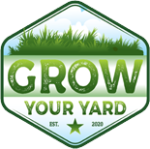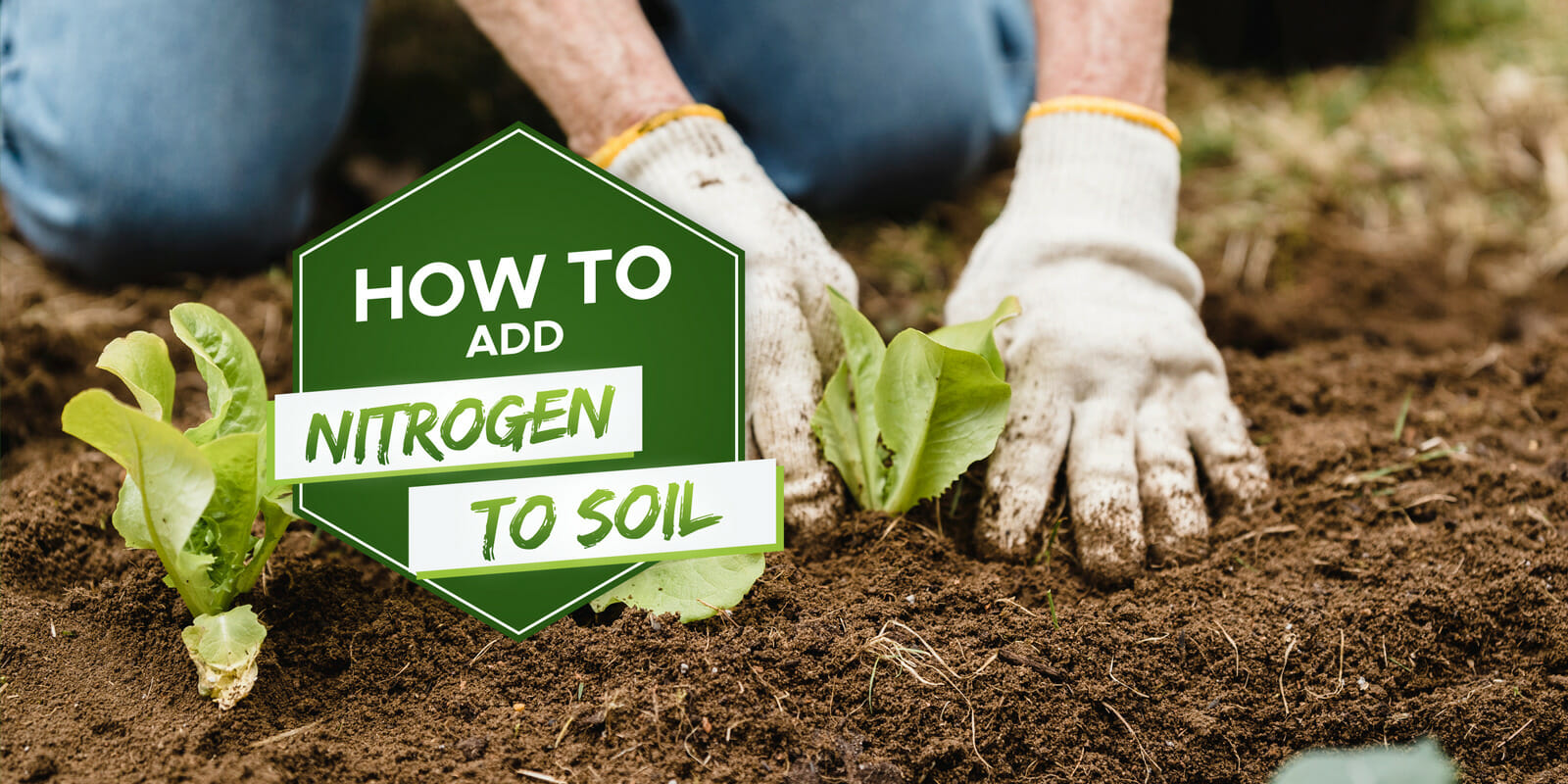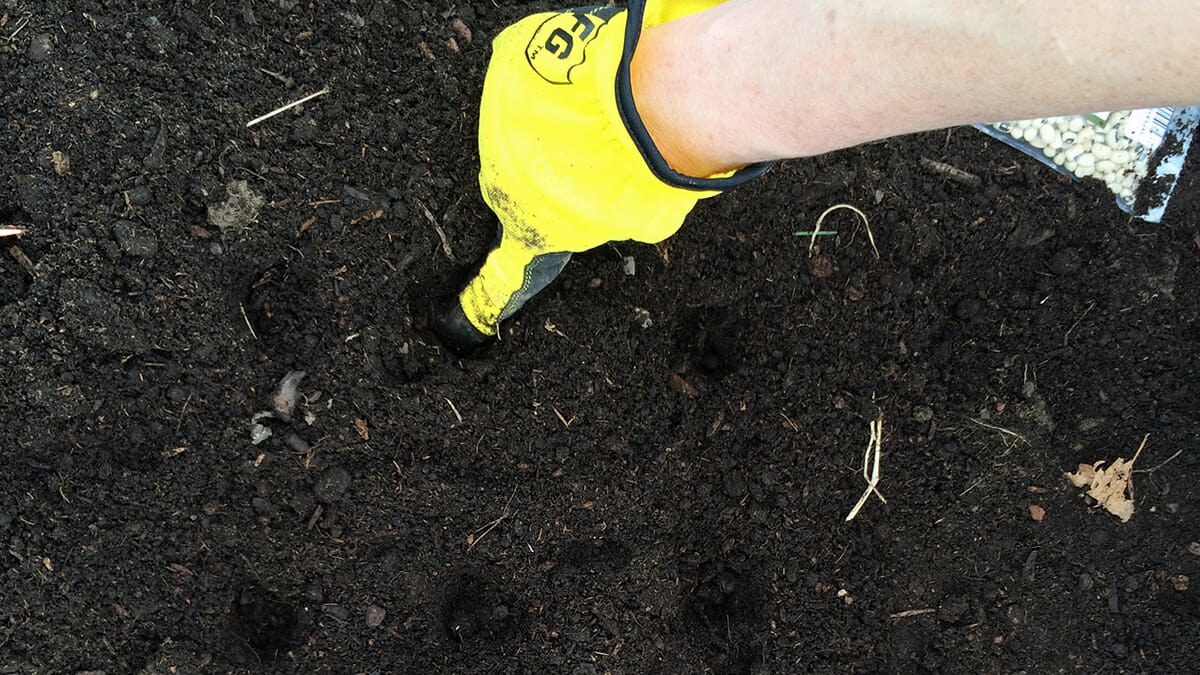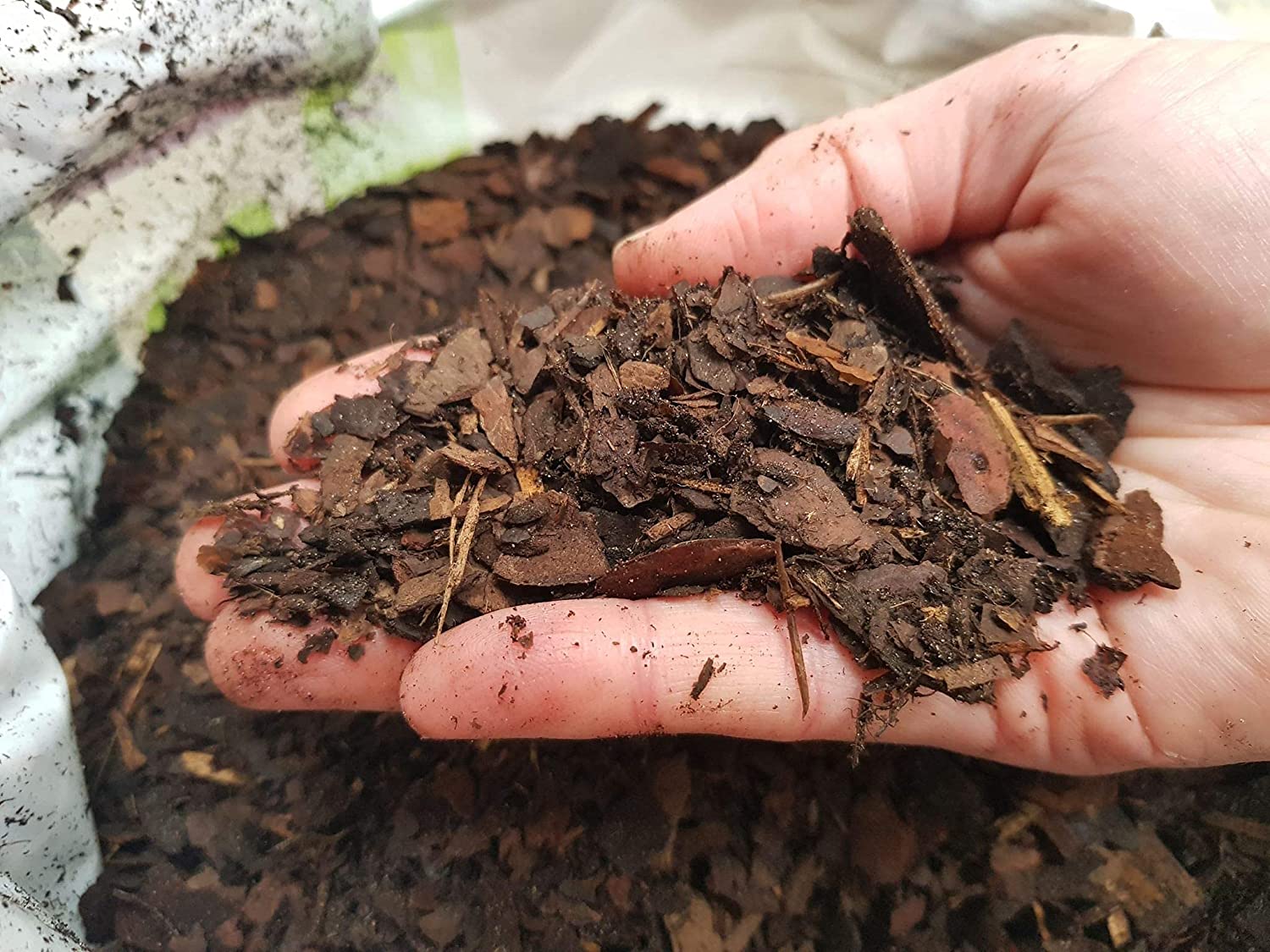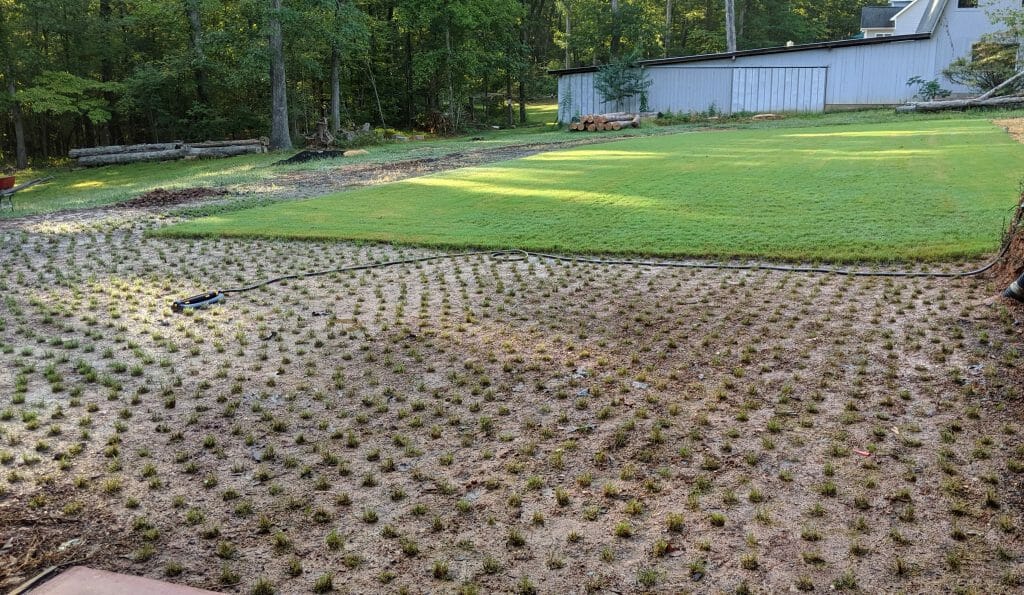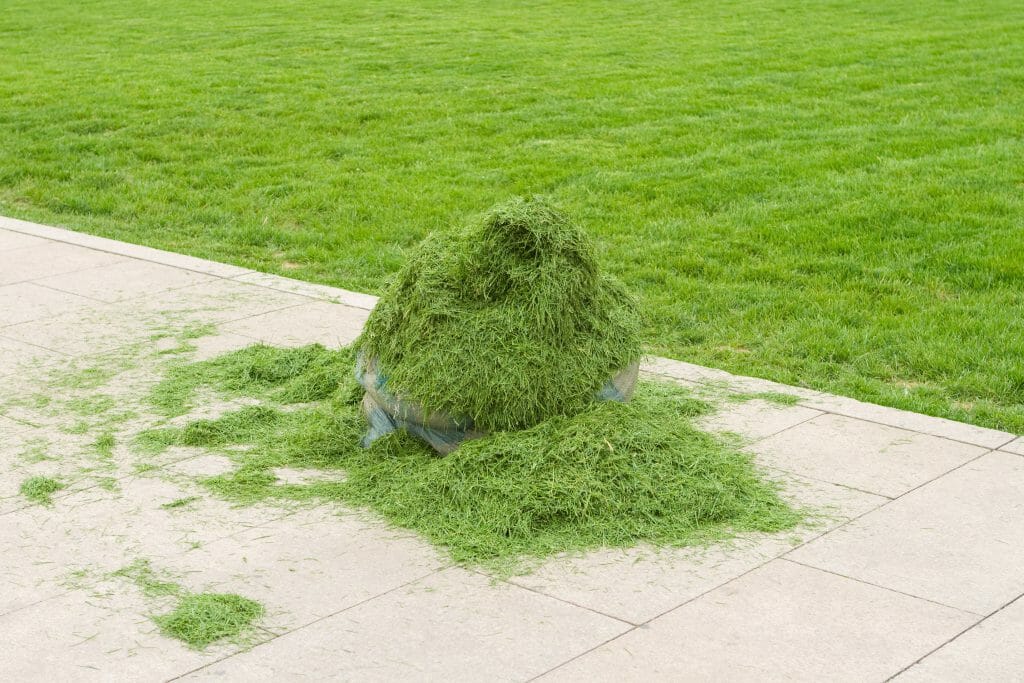Nitrogen is the lifeblood of plants that they absorb from the soil. Along with some other nutrients, nitrogen is a crucial mineral that all plants need to grow strong and healthy.
While nitrogen is the most common pure element on Earth, we still need to add extra to the soil to help our plants flourish. So, if it’s so important, how do you add nitrogen to your soil?
So, how to add nitrogen to soil? The best way to add nitrogen to soil is by using mulch, compost, and nitrogen-fixing crops.
Having the proper nitrogen levels in your garden is imperative to keep your flowers, bushes, and food crops growing well with an excellent yield.
This article is going to explain exactly what nitrogen is and why plants need it as well as show you exactly how to add nitrogen to your soil.
What is Nitrogen?
Now, I’m sure you have seen nitrogen on the periodic table in your science classes at school, but did you know that it is vital for the survival of your plants?
The three primary nutrients a plant needs are nitrogen, phosphorus, and potassium, but nitrogen is by far the most important of all three.
Nitrogen is an element that is naturally occurring in the atmosphere, and it makes its way into the soil through the nitrogen cycle.
We won’t get into much detail, but the nitrogen cycle essentially contributes nitrogen into the soil by decomposing plant matter, droppings from animals, and lightning.
But why is nitrogen so important for plants?
While it has many functions, one of the most essential role that nitrogen plays is in photosynthesis. It makes up a crucial part of the chlorophyll molecules, allowing plants to produce food and energy.
Another role nitrogen plays is as a part of amino acids, which are responsible for forming proteins within the plant.
Essentially, without nitrogen, the plant will not be able to survive.
How to Add Nitrogen to Your Soil
So now we know that nitrogen is naturally occurring, why do we need to add more to the soil?
Since our plants continuously take in nitrogen through their roots, the natural nitrogen cycle might not be able to produce enough nitrogen to sustain them without a little added help.
All these methods are organic methods of adding nitrogen to your soil that don’t require any fertilizers. This is not only the more natural way but also the cheaper option which is why we prefer them.
Using these methods will also make you an active part of the nitrogen cycle as you recycle the plant matter within your garden.
Here are three ways to add nitrogen to your soil:
Compost
Since plants contain nitrogen, when they die and are broken down, the nitrogen is released back into the soil.
This is why compost is so good for adding nitrogen to your soil. Garden scraps are combined with plant-based food scraps, which are all rich in nitrogen, and left to decompose into a rich, organic matter that can be spread over your garden.
We also like adding coffee grounds to our compost as they are a good nitrogen source.
All you need to do is apply the compost like usual and continue creating more to use later.
Mulch
Adding a layer of mulch to your garden is an excellent way to retain soil moisture, prevent weed growth, and moderate soil temperature, but it is also great for adding nitrogen to your soil.
We like to make our own mulch to recycle our garden waste to keep the nitrogen cycle going in a closed system.
Most mulch is made up of wood chips, untreated lawn trimmings, and wood chips. This organic matter is not only high in carbon but also high in nitrogen after decomposition.
Simply apply the layer of mulch to your garden beds and let it work its magic.
Nitrogen Fixing Crops
Plants like legumes have a unique ability to convert the nitrogen in the atmosphere and make it useable for themselves and the plants around them.
These plants have a symbiotic relationship with Rhizobia bacteria in the soil. The bacteria live on nodules on the roots of the legumes and produce nitrogen compounds. While the legume will use a large portion of the nitrogen produced, they will also share some with the plants around them.
Composting nitrogen-fixing crops is also a great way to inject extra nitrogen into your garden when they are composted.
Frequently Asked Questions:
Are eggshells high in nitrogen?
While we always recommend adding eggshells to compost, they will not contribute any nitrogen to the mix.
However, they will contribute high levels of calcium, potassium, and a few other trace minerals to the soil.
What is the fastest way to add nitrogen to your soil?
The methods we supplied might be organic, but they are not the fastest option.
If you want the job done fast, you can apply a nitrogen-rich fertilizer. These come in both granulated and liquid forms and must be applied according to the instructions, so you do not use too much.
What does baking soda do for plants?
Baking soda, when applied mixed with water in a spray bottle, can be an effective treatment for killing fungal spores.
The only time we recommend using baking soda on your soil is as a deterrent to certain pests, as it will not add any nutritional value.
Conclusion
Nitrogen is a vital nutrient that all plants need to survive. While it is naturally occurring in the environment, we as gardeners need to keep on top of the nitrogen levels of our soils as our plants use what is available in the soil.
We recommend adding nitrogen to your soil by using compost, mulch, nitrogen-fixing crops, and coffee grounds.
If you follow the steps we’ve given you, you should have nitrogen-rich soil that keeps your plants happy and healthy.
